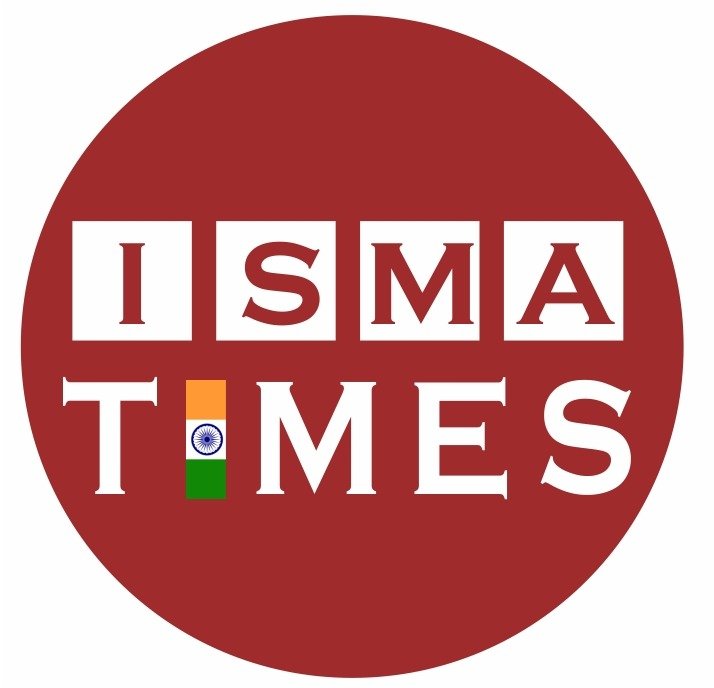Discrimination in Compensation for Hate Crimes
Hate crimes are acts of violence motivated by a victim's race, ethnicity, religious or gender identity, or other characteristics that make them a target of hatred and hate violence. One major problem is that compensation is not uniform and fair. In large number of cases, Muslim victims of hate crimes have received significantly lower compensation than victims from other communities in the similar nature of deaths.

May 23, 2023, New Delhi : With the rise in hate crimes, discrimination and prejudices in compensation for hate crimes have been coming to the surface. Hate crimes are acts of violence motivated by a victim's race, ethnicity, religious or gender identity, or other characteristics that make them a target of hatred and hate violence. One major problem is that compensation is not uniform and fair. In large number of cases, Muslim victims of hate crimes have received significantly lower compensation than victims from other communities in the similar nature of deaths. This discrimination in compensation is a violation of the fundamental principles of equality before the law, which is guaranteed to every citizen of India by the Constitution.
Building inclusive societies that value diversity in all areas and restoring public confidence in government institutions is crucial for a true democracy to thrive. While the state has a primary responsibility to promote a secular, multicultural, pluralistic, and social structure that allows the free exchange of ideas and viewpoints as well as the coexistence of mutually incompatible perspectives, it also has a positive duty to protect the fundamental rights of all people, which state governments are failing to provide in terms of delivering equal compensation for the victims of hate crime regardless of their social, political, caste, ethnic or religious identities.
To address this issue, Indian Muslims for Progress and Reforms (IMPAR) recently filed a Public Interest Litigation (PIL) in the Supreme Court of India seeking uniform ex gratia compensation for victims of hate crimes and mob lynching. The PIL seeks SC direction against the discriminatory and arbitrary approaches adopted in granting compensation to victims that are contrary to the provisions of Articles 14, 15 and 21 of the Constitution of India. It also highlights the meagre compensation amount provided in compensation policies implemented by various state governments, and seeks for fair and equal compensation to the victims of hate and other organised violence.
The PIL contends that the current system of compensation is flawed and prejudiced against weaker sections and Muslims. The decisions related to the compensation are often discriminatory, whimsical and based on extraneous factors. The PIL has listed down several cases from the North East Delhi riot victims 2020 and 1984 anti Sikh riots in Delhi to the cases in Assam, Bihar, Maharashtra, Uttar Pradesh and the most recent case of Rajasthan, wherein Nasir and Junaid were given Rs. 5 lakh in compensation, as against Kanyalal, a tailor from Udaipur, who was provided Rs. 51 lakhs from the CM Fund, and additionally jobs to the family members.
There are numerous such examples of state governments adopting unfair, inequitable, and discriminatory compensation standards. During the regime of Late Mulayam Singh Yadav in Uttar Pradesh from 2003 – 2007 one interesting fact was raised in the Parliament by then MP, Mr. Ilyas Azmi, who showed newspaper clips that if a person of the CM’s caste dies, he gets 10 times more compensation than any other. The PIL by IMPAR asserts that compensation should be based on the extent of harm suffered by the victim like physical, psychological, mental distress, and financial losses, regardless of their religion, caste, or other characteristics.
The PIL mentions that the Constitution is violated and the rule of law is jeopardized by hate crimes, mob violence, and lynching as it weakens the foundations of democracy and justice. To make sure that the victims of hate crimes regardless of their identities receive equitable and fair recompense, the PIL has sought the SC direction to the Union Government and all the States. Fortunately, the Supreme Court has admitted the PIL, which itself sends a strong message that discrimination should have no place in the world’s largest democracy, and the country run by the Constitution that guarantees equality before law. We all need to stand up on all such acts of omissions and come together to make beautiful India of tomorrow.
Dr. MJ Khan, President
Indian Muslims for Progress and Reforms, mjkhan@impar.in ; www.impar.in

















